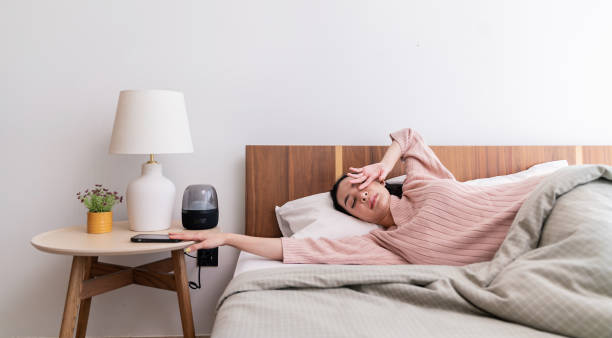Sleeping plays an important role in our mental and physical balance. Only if we sleep properly, we can think properly, understand things better and thus move our life and personality forward in a better way. In short, the quality of sleep plays an important role in achieving a good quality of life.
One should sleep for 7-9 hours a day. However, your age, activity level and health can all make a difference. While insomnia is a great issue, oversleeping can also cause anxiety. But how to understand excessive sleep?
Sleeping more than nine hours in 24 hours is considered excessive sleep by experts. Stressful work, illness, or the end of the week, you may have slept past those nine hours. But that happens only occasionally. But when you do it regularly and sleep more than eight or nine hours every day, it’s considered oversleeping.
There are many reasons for oversleeping. It should be taken seriously because too much sleep can have the worst effect on your health.
Why do you Oversleep?
The most common reasons health professionals consider when someone says they sleep more than nine hours a night are whether it is the result of medication or a medical, psychiatric, or neurological disorder. According to research, obesity, heart disease, diabetes, chronic pain, a sleep disorder (such as sleep apnea, insomnia, or narcolepsy), hypothyroidism, and depression or anxiety are common causes of oversleeping.
In people who sleep too much, it also increases the risk of heart disease, Parkinson’s or dementia, and hormonal imbalances.
Signs you’re Sleeping too much
We should consider sleeping more than nine hours a night as a red alert. But experts say it should not always be a cause for concern. Some people naturally need more sleep than others. About 2 per cent of the population are ‘long sleepers’ who need 10 to 12 hours of sleep a night. It is natural for such people to oversleep. Trying to impose a regular seven to nine-hour sleep schedule on such people can be harmful and can result in sleep debt. Do not worry, if you’re a normal person who sleeps more than nine hours. But if you sleep more than this time and wake up with excessive fatigue, drowsiness, headaches, mood swings, and lack of energy, you are suffering from oversleeping.
So the side effects of oversleeping are increased fatigue and low energy, weakened immune system, altered response to stressors, heart disease and obesity. All these lead to premature death.
What to Do if you Suspect you are Sleeping too Much?
Exercise and avoid the alarm’s snooze button. Wake up and go to bed at the same time every day, including weekends. Set up bedrooms so that you get natural light when you wake up. If you still find yourself oversleeping regularly after making these changes, visit your healthcare professional.
While getting good quality sleep is critical to your overall mental and physical health, sleeping too much can lead to health problems. Just like sleep deprivation, too much sleep can negatively affect your daily life and cause some health problems, so it’s important to aim for proper sleep. Excessive sleeping may also be a sign of a health problem. If you regularly sleep more than nine hours and still feel tired, it is imperative to seek advice from your doctor.



